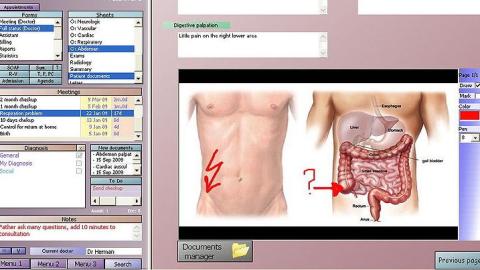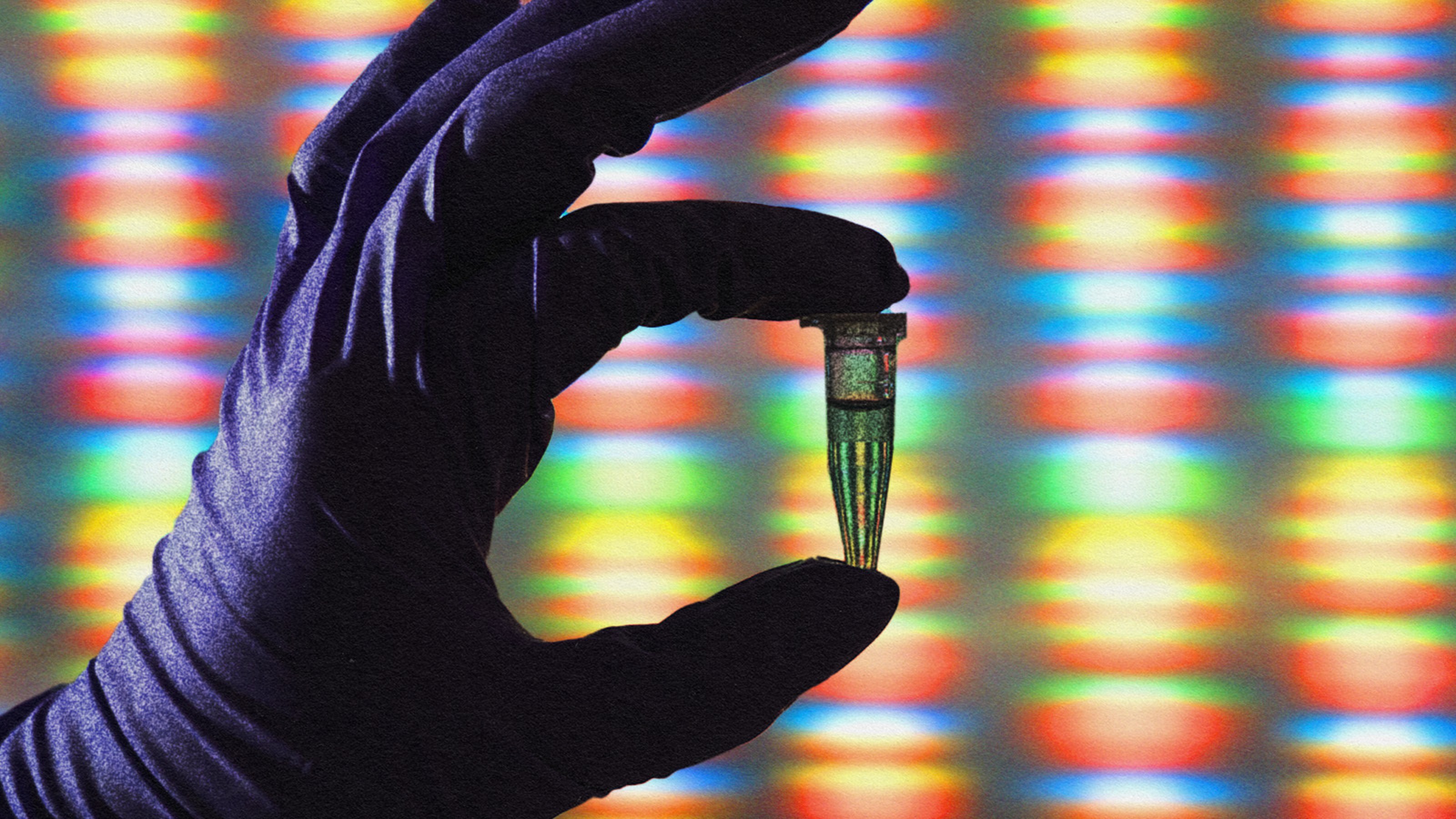High-Tech Healthcare

What’s the Latest Development?
New healthcare standards offer financial rewards to doctors who adopt electronic records and penalize those who don’t. In 2009, upon President Obama’s signing of the HITECH act, the federal government devoted $27 billion dollars to pursuing healthcare information technology in the U.S. “Fueling the change are data standards that make it easier to share health information, maturing software, rapid innovation linked to mobile computing, and policies to protect patient privacy.” Other countries are moving down similar paths.
What’s the Big Idea?
The adoption of high-tech healthcare standards will benefit patient care by making medical information available across a wide network of healthcare professionals and help reduce costs by allowing doctors to adjust to a reimbursement system that emphasizes patient health rather than how many treatments they provided. “For doctors to survive this reimbursement change, they will need to keep electronic health records, share data, apply telemedicine to monitor sick people at their homes, engage patients continuously, and integrate the latest treatment knowledge into their workflow. That’s electronic medicine.”





